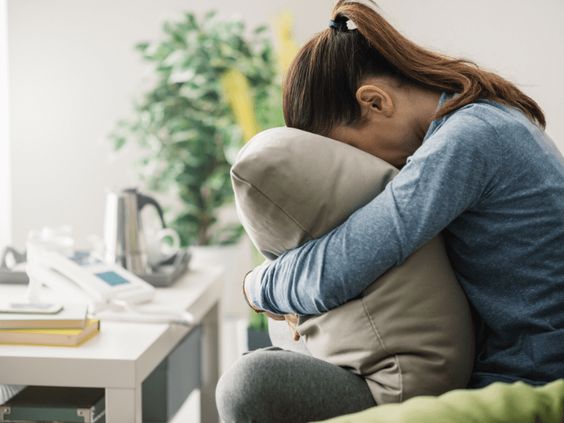Introduction:
Depression is a common and serious mental health condition that can have a significant impact on your life. It can affect how you feel, think, and behave, and can lead to a variety of emotional and physical problems. You may have trouble doing normal day-to-day activities, and sometimes you may feel as if life isn't worth living.

More than just a bout of the blues, depression isn't a weakness and you can't simply "snap out" of it. It may require long-term treatment. But don't lose hope. With proper support and self-care, you can manage your symptoms and live a fulfilling life.
Understanding Depression
Depression can manifest in different ways, and it's important to recognize the signs and symptoms. These can include:
- Persistent sadness and hopelessness: Feeling down, empty, or tearful for an extended period.
- Loss of interest or pleasure: No longer finding joy in activities you once enjoyed.
- Fatigue and low energy: Feeling constantly drained and lacking motivation.
- Changes in sleep patterns: Experiencing insomnia or oversleeping.
- Appetite and weight changes: Significant weight loss or gain due to changes in appetite.
Effective Coping Mechanisms
While overcoming depression often requires professional help, there are steps you can take on your own to manage your symptoms and improve your well-being:
- Seek Professional Help: Don't hesitate to reach out to a therapist or psychiatrist. They can provide a proper diagnosis, therapy, and medication if needed.
- Establish a Routine: Maintaining a regular sleep schedule, eating nutritious meals, and incorporating physical activity can have a positive impact on your mood.
- Engage in Activities You Enjoy: Make time for activities that bring you joy, even if it's just for a short period.
- Connect with Others: Spending time with loved ones and building social connections can provide emotional support and reduce feelings of isolation.
- Practice Self-Care: Take care of your physical and mental health by getting enough sleep, eating healthy foods, and engaging in relaxation techniques such as meditation or deep breathing exercises.

.jpg)